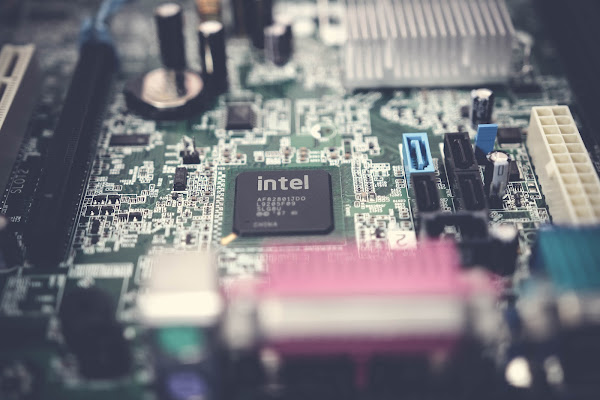The discovery of vulnerabilities is a sharp reminder of the ongoing conflict between innovation and malevolent intent in the ever-evolving field of cybersecurity. The tech community has been shaken by the recent discovery of LogoFAIL, a set of vulnerabilities hidden in the Unified Extensible Firmware Interface (UEFI) code that could allow malicious bootkit insertion through images during system boot.
Researchers have delved into the intricacies of LogoFAIL, shedding light on its implications and the far-reaching consequences of exploiting image parsing vulnerabilities in UEFI code. The vulnerability was aptly named 'LogoFAIL' due to its origin in the parsing of logos during the boot process. The severity of the issue is evident from the fact that it can be exploited to inject malicious code, potentially leading to the deployment of boot kits — a type of malware capable of persistently infecting the system at a fundamental level.
The vulnerability was first brought to public attention through a detailed report by Bleeping Computer, outlining the specifics of the LogoFAIL bugs and their potential impact on system security. The report highlights the technical nuances of the vulnerabilities, emphasizing how attackers could exploit weaknesses in UEFI code to compromise the integrity of the boot process.
Further exploration of LogoFAIL is presented in a comprehensive set of slides from a Black Hat USA 2009 presentation by researcher Rafal Wojtczuk. The slides provide an in-depth analysis of the attack vectors associated with LogoFAIL, offering valuable insights into the technical aspects of the vulnerabilities.
In a more recent context, the Black Hat Europe 2023 schedule includes a briefing on LogoFAIL, promising to delve into the security implications of image parsing during system boot. This presentation will likely provide an updated perspective on the ongoing efforts to address and mitigate the risks that LogoFAIL poses.
The gravity of LogoFAIL is underscored by additional resources such as the analysis on binarly.io and the UEFI Forum's document on firmware security concerns and best practices. Collectively, these sources highlight the urgency for the industry to address and remediate the vulnerabilities in the UEFI code, emphasizing the need for robust security measures to safeguard systems from potential exploitation.
Working together to solve these vulnerabilities becomes critical as the cybersecurity community struggles with the consequences of LogoFAIL. The industry must collaborate to establish robust countermeasures for the UEFI code, guaranteeing system resilience against the constantly changing cyber threat environment.










